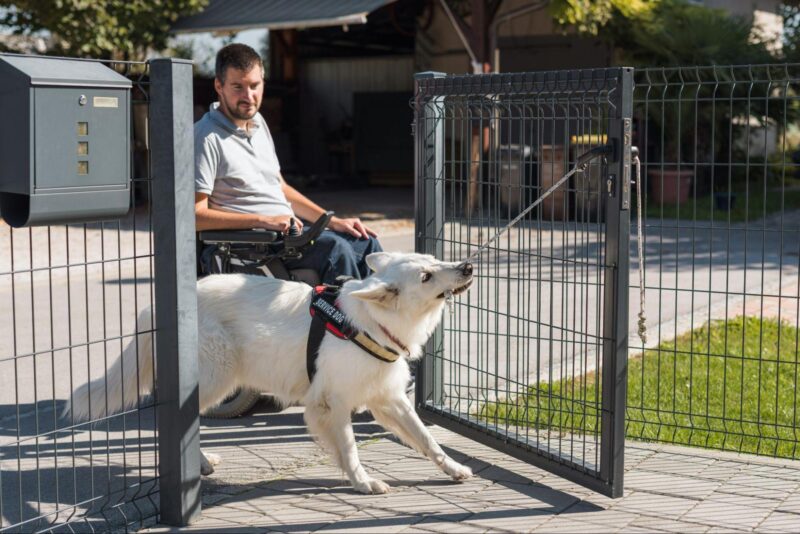
Weed killers are chemical herbicides that are used to kill unwanted plants or weeds. Most weed killers contain one or more active ingredients that work to target and kill specific plants. Glyphosate is a common active ingredient in many popular weed killers. When applied to leaves, glyphosate is absorbed and then translocated throughout the plant, ultimately causing it to die. Weed killers are typically used in agricultural and commercial settings to kill weeds that compete with crops for resources. However, they can also be used in residential settings to kill unwanted plants in gardens or on lawns. Some weed killers are designed for specific types of plants, while others are more general purpose.
Weed killers can be applied using a variety of methods, including spraying, granulating, and soil incorporation. The method of application will vary depending on the weed killer being used and the desired results.
can weed killer kill dogs
There are many weed killers on the market that contain glyphosate as their active ingredient. Glyphosate is known to be toxic to dogs if ingested in large quantities. However, the likelihood of a dog being killed by weed killer is very low. Most weed killers are designed to be applied to plants, not animals. If a dog ingests weed killer, they may experience vomiting, diarrhea, and lethargy. In severe cases, kidney damage or death may occur. If you suspect your dog has ingested weed killer, please contact your veterinarian immediately.
How does weed killer work?
Weed killers work by targeting specific plants and causing them to die. The active ingredients in weed killers are absorbed by the leaves of the plant and then transported throughout the plant. This process eventually kills the plant. Some weed killers are designed to kill specific types of plants, while others are more general purpose. The method of application will vary depending on the weed killer being used and the desired results.
Signs that your dog has been poisoned by a weed killer
If you suspect your dog has ingested weed killer, please contact your veterinarian immediately. Symptoms of poisoning may include vomiting, diarrhea, and lethargy. In severe cases, kidney damage or death may occur. If your dog has been poisoned by weed killer, it is important to seek veterinary care as soon as possible. Early intervention can often mean the difference between life and death. Common signs of poisoning may include drooling, vomiting, diarrhea, confusion, difficulty breathing, excessive thirst or urination, seizures, and loss of consciousness. If you notice any of these symptoms in your dog after coming into contact with weed killer, please seek immediate medical attention. While it is rare for dogs to be poisoned by weed killer, it is always better to be safe than sorry. By taking steps to prevent poisoning and seeking treatment as soon as possible, you can help keep your dog safe from harm.
What to do if your dog has been poisoned by weed killer
If you suspect your dog has ingested weed killer, please contact your veterinarian immediately. Symptoms of poisoning may include vomiting, diarrhea, and lethargy. In severe cases, kidney damage or death may occur. If your dog has been poisoned by weed killer, it is important to seek veterinary care as soon as possible. Early intervention can often mean the difference between life and death.
How to prevent weed killer poisoning in dogs
There are a few steps you can take to reduce the risk of your dog being poisoned by weed killer. First, always try to keep your dog away from areas where weed killers may have been used. This may include gardens, lawns, or agricultural fields. Second, make sure that any treated plants or grasses are not accessible to your dog. Finally, always read the label and follow all safety instructions when using weed killers in your home or yard. By taking these steps, you can help keep your dog safe from potential poisoning.












